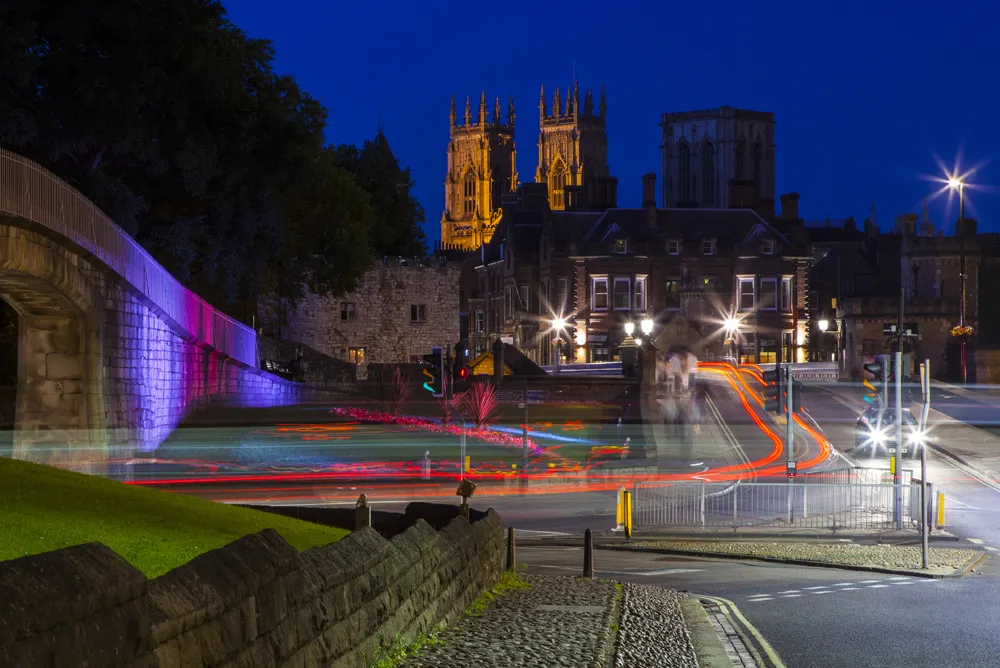Kapsch has been selected to provide the TETRA radio infrastructure for a new metro line in Rio de Janeiro, Brazil.
Kapsch will provide four base stations, 30 in-train cab radios and 140 hand-held portable radios, as well as planning, design and deployment, to integration with existing communications systems on other metro lines.
With 15 trains serving six major stations, the new Line 4 will take more than 2,000 cars off the road at peak times, helping to resolve some of the city’s worst traffic bott
January 27, 2015
Read time: 2 mins
Kapsch will provide four base stations, 30 in-train cab radios and 140 hand-held portable radios, as well as planning, design and deployment, to integration with existing communications systems on other metro lines.
With 15 trains serving six major stations, the new Line 4 will take more than 2,000 cars off the road at peak times, helping to resolve some of the city’s worst traffic bottlenecks. The line will be open before the 2016 Olympic Games in Rio, helping hundreds of thousands of sports fans reach their destinations quickly, safely and in comfort.
Kari Kapsch, CEO of Kapsch CarrierCom, says, “We are excited to be working on this major infrastructure project lead by ENG for Rio de Janeiro metro, one of the Latin America’s fastest-growing and most dynamic cities.”
Cristiano de Mendonça, CTO MetrôRio, says, “The TETRA radio network is a critical element of this historic project and Kapsch offers exactly the skills, technology and commitment we need to ensure that services on the new Line 4 run smoothly and safely during the Olympic Games and long into the future.”









